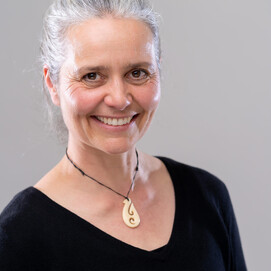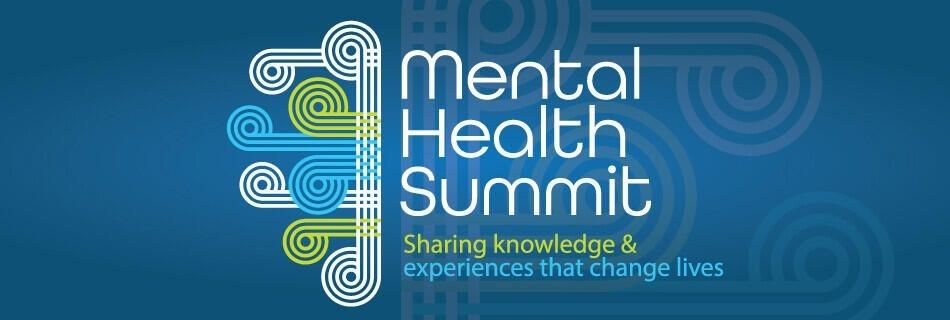
Thank you for visiting this website.
This workshop is no longer available.
Please visit our upcoming workshops for our latest online, face-to-face, 24/7 Learning on Demand, and free training options
Grow's 2020 Mental Health Summit
This Summit is designed to equip mental health professionals in New Zealand with both expert knowledge and skills on mental health, that can result in tangible reductions on distress experienced by the people we serve.
Join some of the world’s leading mental health commentators at New Zealand’s largest online Mental Health Summit for mental health professionals. Sharpen your knowledge and skills, and expose your mind to new thinking.
Key points:
· Join other mental health professionals in hearing from thought leaders
· Access and discuss some of the latest research and thinking
· Connect with leading mental health experts who are happy to assist you post-summit with deeper dives into their area of expertise.
· Attend sessions in real-time and/or on-demand – you choose what works for you!
· Various ticket price options
Meet the Presenters
The inaugural 2020 Mental Summit delivers a unique line-up of renowned practitioners, researchers, authors, and educators. Whether you decide to attend the live sessions or watch the event’s on-demand recorded videos – you can rest assured you will be learning from some of the best.
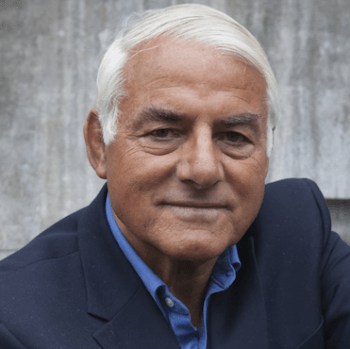
Tuesday 3 November - 12 noon - 1.00 pm
Staying Sane in an Insane World with Prof Allen Frances, Duke University USA
He will discuss how to define "normal" in an abnormal world and the impact of COVID19 on emotional health, safety of our patients, and the practice of psychiatry. The boundary between normality and mental illness has always been fuzzy, porous, arbitrary, shifting, and culture bound. Recent claims that the pandemic has dramatically increased rates of illness confuse evolutionarily normal distress with clinical psychiatric disorder. I will offer diagnostic tips and treatment advice based on many years work applying the DSM system to clinical practice. We will also take up the strange case of Donald Trump- concluding that he is simply bad, not clinically mad.
Dr Frances is Professor Emeritus and former chair Department of Psychiatry at Duke University. He was chair of the DSM-IV Task Force and is author of 'Saving Normal', 'Essentials Of Psychiatric Diagnosis', and 'Twilight of American Sanity'. Never shy to share an opinion, Prof Frances is an world-renown communicator and this session is guaranteed to challenge.
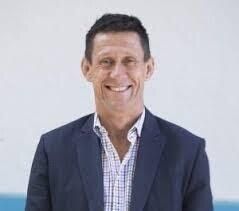
Tuesday 3 November - 7.00 pm - 8.00 pm
What’s Working and New Innovations in Maori Mental Health with Dr Rees Tapsell, Waikato DHB
Like his father before him, Rees studied medicine at the University of Otago. He went on to train as a psychiatrist, specialising in forensic psychiatry. And he’s now the director of clinical services for the mental health and addictions services, and associate chief medical officer with the Waikato District Health Board and is actively looking at how services can be improved and patients empowered.
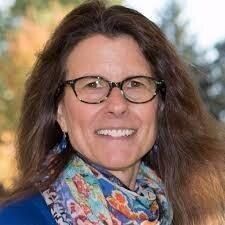
Wednesday 4 November - 12 noon - 1.00 pm
When Suicidal Thoughts Persist: Treating Chronic Ideation with Professor Stacey Freedenthal, PhD, LCSW, University of Denver USA
Chronic suicidal ideation vexes many practitioners. People with chronic ideation often have different challenges and needs than those whose suicidal thoughts have not persisted for months or years. This presentation will define chronic suicidal ideation, describe common differences between people with chronic vs. acute suicidal ideation, discuss treatment approaches, and address potential countertransference issues toward clients with chronic ideation, as well as potential remedies.
Stacey Freedenthal, PhD, LCSW, writes and teaches extensively about suicide assessment and intervention. She is an associate professor at the University of Denver Graduate School of Social Work, and she has a small psychotherapy and consulting practice specializing in assessing and treating people at risk for suicide. Dr. Freedenthal authored the book Helping the Suicidal Person: Tips and Techniques for Professionals (published by Routledge in 2017) and created the website, SpeakingOfSuicide.com, which has received more than 5 million visits. Dr. Freedenthal also has published scholarly articles about the measurement of suicidal thoughts and intent, youth’s help-seeking when suicidal, and other topics related to suicide risk. Dr. Freedenthal earned a Master’s Degree in Social Work from the University of Texas and a Doctorate in Social Work at Washington University in St. Louis.
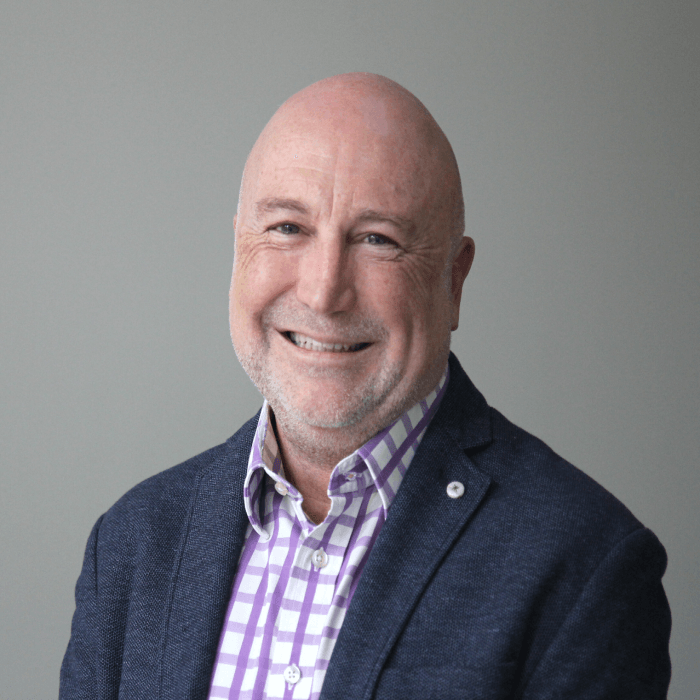
Wednesday 4 November - 7.00 pm - 8.00 pm
Anxiety – Expert Advice from a Neurotic Shrink with Dr Mark Cross, New South Wales, Australia
Consultant psychiatrist Dr Mark Cross knows a lot about anxiety. Many of his patients are sufferers, which is hardly surprising, given anxiety is the most common mental health condition in Australia, affecting up to one in four people at some point in their lives. But Mark also knows about anxiety from another perspective, because he too has suffered from anxiety all his life. The well-known author of Changing Minds, who featured on the award-winning ABC TV series of the same name, demystifies this mental illness in his trademark warm and friendly style. He looks at causes, treatments, both medical and natural, anxiety in the workplace and more, sharing his own experiences as well as stories from others.
Mark is a consultant psychiatrist with thirty years' experience, a senior university lecturer, and specialist in the mental health of young people. He came to public attention in Australia through the landmark ABC TV series, Changing Minds. Mark specialises in general adult psychiatry with a special interest in sexuality and identity issues, youth mental health, complex trauma, PTSD, bipolar, as well as mental health in the workplace. Dr Cross has a background of medical training in South Africa and Specialist Training and consultant work in England and in Australia, specialising in adult general psychiatry. He has worked in Psychiatry for 25 years is a Senior Lecturer at UNSW as well as acting conjoint lecturer at UWS.
Dr Cross treats people from the LGBTI community with acute mental health symptoms and those looking at for a non-judgemental approach to therapy as well as those with identity & sexuality concerns, sexual trauma and depression. He is passionate about equality, human rights, ethics in psychiatry, reducing stigma and improving the care and quality of life of people with lived experience of mental illness.
Psychiatrist Dr Mark Cross has MH clinical experience over 3 decades, graduating as a doctor in Cape Town and specialising in the UK. He has worked as a specialist in Sydney since 2005. He holds senior conjoint lecturer positions at the Universities of NSW and Western Sydney.
Mark is the author of ‘Anxiety’ and co-author of ‘Changing Minds,’ both published by ABC Books/Harper Collins, and was the Lead Psychiatrist in the ABC TV series ‘Changing Minds.’ He is a well-respected speaker on MH issues, a SANE Australia board member, and a passionate advocate on the importance of preventative mental health.
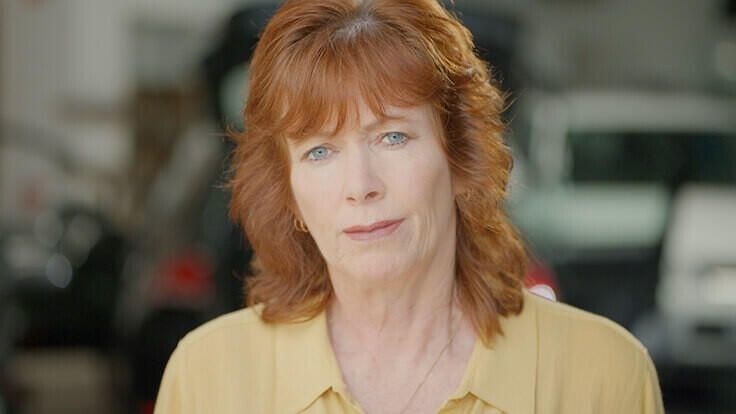
Thursday 5 November - 12 noon - 1.00 pm
Busy Brain Syndrome – the Root Cause of Stress and Overwhelm with Dr Lucia Kelleher, Behavioural Neuroscientist, Victoria, Australia
Lucia made a discovery, Busy Brain Syndrome (BBS) from her PhD research. BBS or brain overload is a ‘brain reaction’ to the incessant demands of the modern world. BBS is caused by brain processing ‘demands’ from our fast paced world, radically outstripping the brain’s limited and finite processing ‘bandwidth’. This means things don’t get processed and people are in anxious state to varying degrees, most of the time. This overload presents as constant distraction which erodes people’s ability to stay focused and impacts everything they do. BBS reduces people’s attention capacity and causes them to react rather than stop and think. BBS increases people’s vulnerability to stress and at the same time reduces their resilience and ability to cope with life events. A further fallout from BBS is perceiving other people’s intentions through a ‘negative lens’, which escalates reactionary behaviours and poor relations.
Lucia has developed a unique program that gets to the heart of how BBS has created constant distraction in the ‘unconscious’ part of the brain. People learn to adapt the way they operate in an overloaded environment in the face of ‘noise’ from overload and too many distractions.
Dr. Lucia Kelleher is a leading edge thinker and an expert in human behaviour in particular sustaining behaviour change and breaking ineffective habits, and a firm favourite with the business sector where she works to lower workplaces accidents with her insights.
Thursday 5 November - 7.00 pm - 8.00 pm
The Friendship Bench with Dr Ruth Verhey, Zimbabwe
Depression is a leading cause of disability worldwide and especially in resource poor settings up to 80% of people suffering from common mental disorders do not receive adequate care (Kessler et al., 2009; Wang et al., 2007). The Friendship Bench (FB) is a response to the large treatment gap in mental health care originating from Zimbabwe. The evidence-based FB program is offered in the primary health care setting by trained and supervised lay health workers (Chibanda et al., 2016). This low threshold therapy offer allows for people to receive psychoeducation on mental health issues and receive problem-solving therapy (PST) followed by a voluntary peer led support group.
We have shown that our treatment approach for common mental disorders such as depression and anxiety is feasible, acceptable and cost-effective. The program has been adapted for use in other countries in the Southern African region (Zanzibar, Malawi, Kenya) and is used in New York City. Especially, where need of mental health care is high and stigma is an additional barrier for health seeking behaviour, the Friendship Bench offers a community-based alternative for people to find a safe place to share their burdens with an empathetic, knowledgeable supporter. The Friendship Bench program’s vision is to have a Bench within walking distance for all, and her team are working with potential New Zealand partners to launch this initiative within Aotearoa.
Dr. Ruth Verhey is a clinical psychologist, works as psychotherapist and is the co-developer of the Friendship Bench intervention. She is also part of the Friendship Bench (FB) management team and Co-PI on all FB research projects. Dr. Verhey holds a PhD from the University of Stellenbosch, South Africa. Her research focuses on easily accessible and affordable care for common mental disorders, community-based interventions, group support, the well-being of counsellors as well as PTSD in people who live with HIV. Originally from Germany, she has lived in Colombia and has been working in Zimbabwe since 2004.
Delivery
The 2020 Mental Health Summit will be delivered via 6 live webinar sessions from Tuesday, 3 November to Thursday, 5 November at 12 noon and 7pm each day. This will continue as an on-demand event (i.e. you can watch recorded versions of the live sessions) until 30 November. All of the 1 hour webinars are delivered via an interactive Zoom experience.
Price Options and Registration
Ticket price includes access to all 6 of our 1 hour webinars, attend live sessions in real-time and/or on-demand.
Recognising the challenges faced by some we provide several payment options:
- $200 gst incl - Standard
- $60 gst incl - Student/Unemployed/Low income
- Pay What You Can (please email feona@grow.co.nz)
Registration process
Payment online is by Debit or Credit Card: VISA, Mastercard or American Express only and there are 3 easy steps to complete the online booking process.
Upon completion of your registration, you will receive an automated confirmation email. If you have any issues or questions about your booking, please contact Feona Horrex on 027 204 0425 or email: feona@grow.co.nz
We work hard to ensure that all workshops are cost effective by automating our systems. If you require an invoice (rather than paying by debit or credit card) there will be a $25 surcharge for this, and you will need to supply:
- The full name and postal address required to appear on the invoice.
- The contact name and email of the person(s) responsible for authorising this expense and approving payment.
- Any purchase order references required on vendor invoices.
Please email feona@grow.co.nz if you would like to reserve a place, as our workshops fill quickly.
What happens if you have to cancel?
We know that sometimes your plans can change for many different reasons. Should you be unable to attend, a substitute delegate is welcome to attend at no extra cost. If a substitute delegate is not available and you need to cancel your registration, please be aware of the following:
- Up to 7 days prior to the event you will be provided a refund of your registration cost, less a $20.00 inc GST per attendee service charge.
- If you cancel within 7 days of the event, you are not eligible to receive a refund. Please note: should your registration not be paid by the time of the event, you are still liable to make the payment. Unpaid accounts may be passed over to our debt collection agency and additional costs may be incurred.
All cancellations must be received in writing (email).
Training is cancellable by GROW with 3 days’ notice if a minimum number of attendees is not met and full refunds will be provided.
For more information see our full Terms of Trade.

Grow would like to thank Janssen
for their partnership with this event
